Killstreaks are one of the Call of Duty franchise’s biggest contributions to the first-person shooter genre.
The first CoD game to include killstreaks in online multiplayer matches was Call of Duty 4: Modern Warfare, which released on Nov. 5, 2007, and they have continued to appear ever since. Rewarding players for a streak of frags against the enemy motivates people to play smarter and rack up kills for their team. This can only be a good thing, since on the whole, the better a player performs in a match, the bigger an impact they’ll have in helping their team win.
Over time, the concept of killstreaks within the CoD series has evolved. There are more options and tools to utilize in matches now, as well as multiple game types that use killstreaks in different ways.
Killstreaks in CoD made a big splash among players and changed multiplayer forever, so here’s a list of the five best CoD killstreaks we’ll never forget.
The six best killstreaks in Call of Duty games
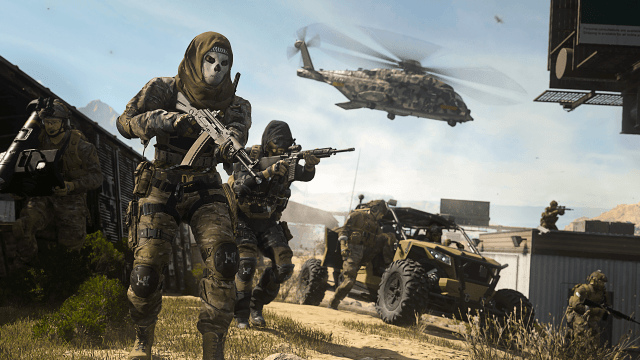
Attack Helicopter: Seven kills – Call of Duty 4: Modern Warfare, 2007
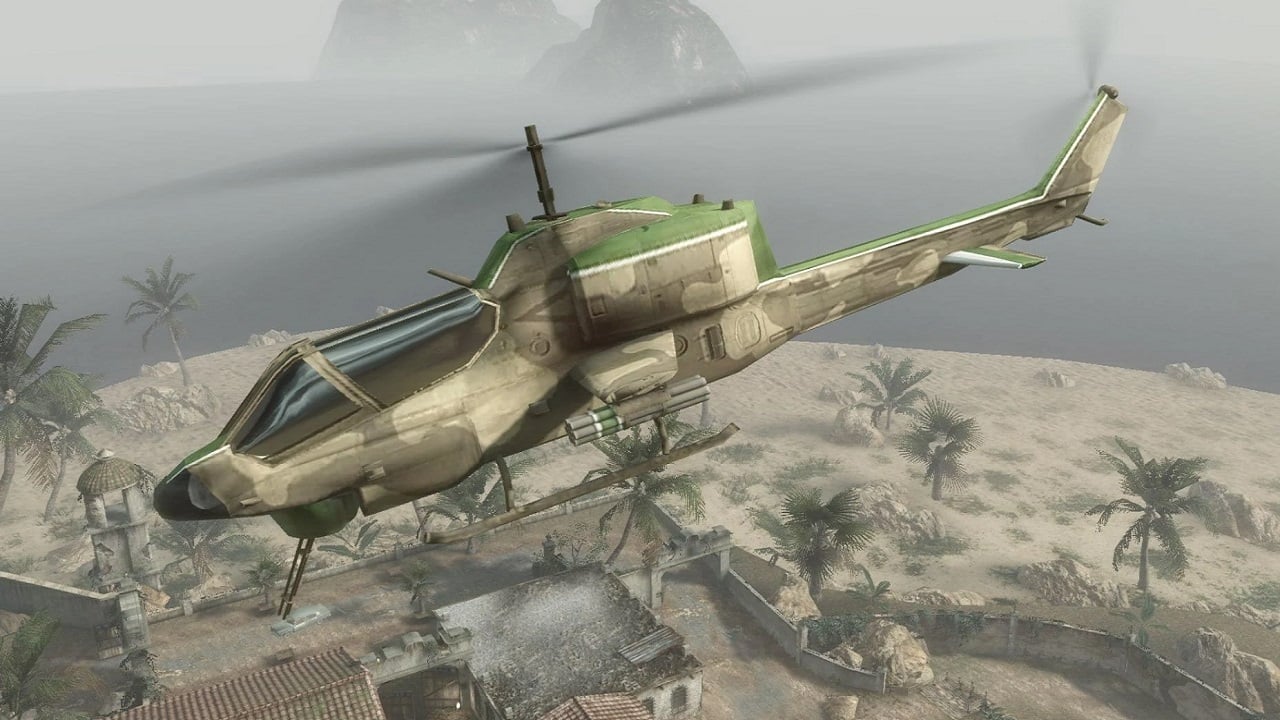
The first Modern Warfare game introduced players to the concept of killstreaks in multiplayer, and showed just how devastating they can be. Getting a UAV or an airstrike after scoring at least three or five kills was good, but that can be avoided by the enemy team. It wasn’t until someone hit a seven-kill streak and there was a helicopter inbound that everyone started to get worried.
In Call of Duty 4: Modern Warfare, a helicopter killstreak would hover around the area and continuously attack enemy players within range for a long time. While the enemy team could shoot the helicopter with guns or use an RPG, it would take everyone working together to bring it down.
A helicopter would use evasive maneuvers to avoid rockets and constantly move around the map as it attacked the enemy team. For most players, this meant instant death if they lingered too long without taking cover, like in a nearby building.
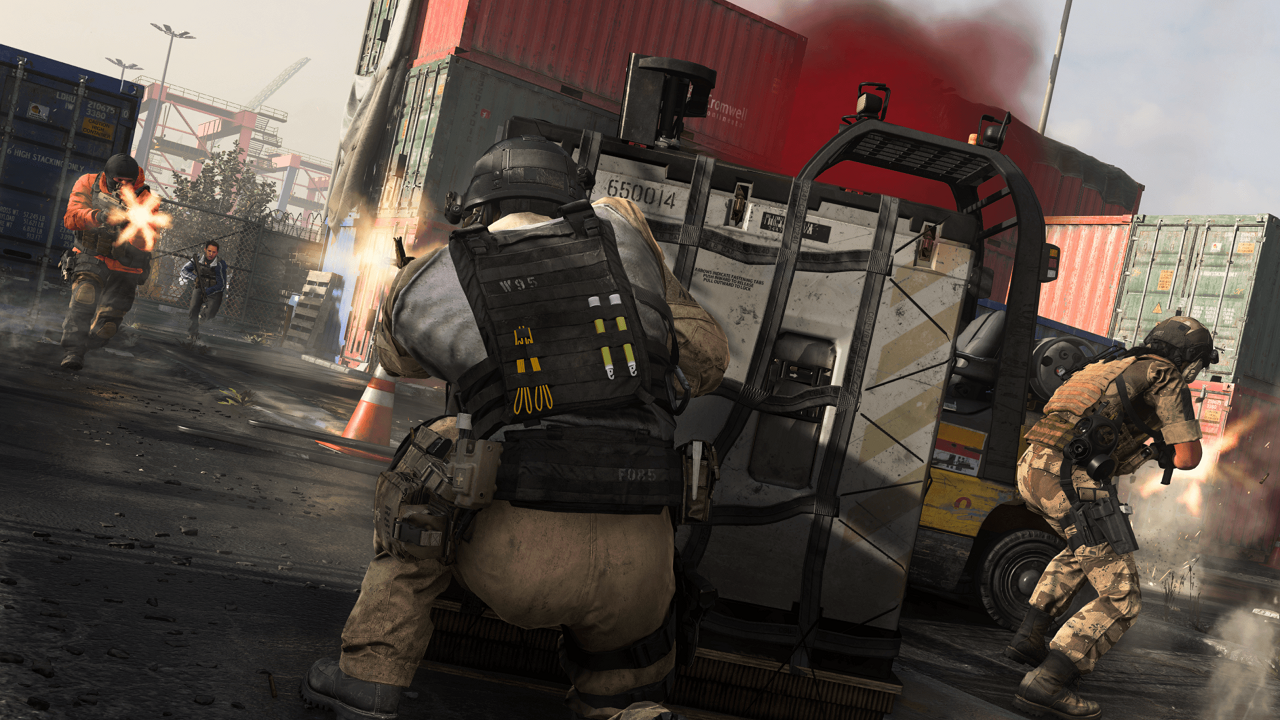
While helicopter killstreaks didn’t stack for a team, they could be used one after another. When one helicopter left or was shot down, the team could immediately call in another if someone had it ready. This was the killstreak that set a precedent for players to reach high kill counts in multiplayer, opening the door to complete domination over the other team.
Attack Dogs: Seven kills – Call of Duty: World at War, 2008
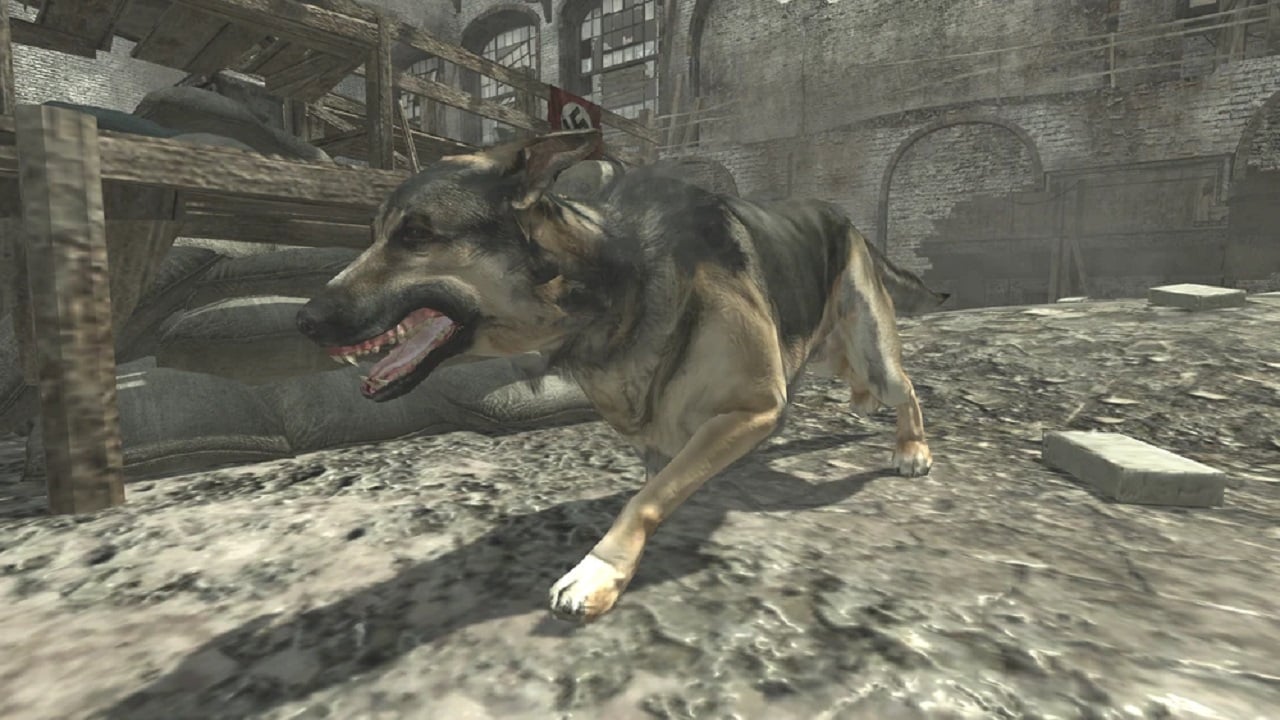
Call of Duty: World at War was a follow-up to the first Modern Warfare game, taking players back to World War II. While the weapons available were mostly retro throwbacks to the original CoD series, the game did have a few devastating new options. Attack dogs were a powerful killstreak that let a player call in a group of attack dogs to hunt enemy players down. They were fast, vicious against any target, and relentless in seeking out other players.
Attack dogs were AI-controlled. Enemy players had some defensive options—they could try to run away or shoot them, but running almost always meant certain death. Things weren’t over even if the enemy team managed to kill the dogs, as more would keep spawning until the killstreak timer ran out. Nobody was safe from the dogs until the killstreak was completely gone. If your teammate had just been killed by a dog, chances are another dog was nearby looking for you.
The AC-130: 11 kills – Call of Duty: Modern Warfare 2, 2009
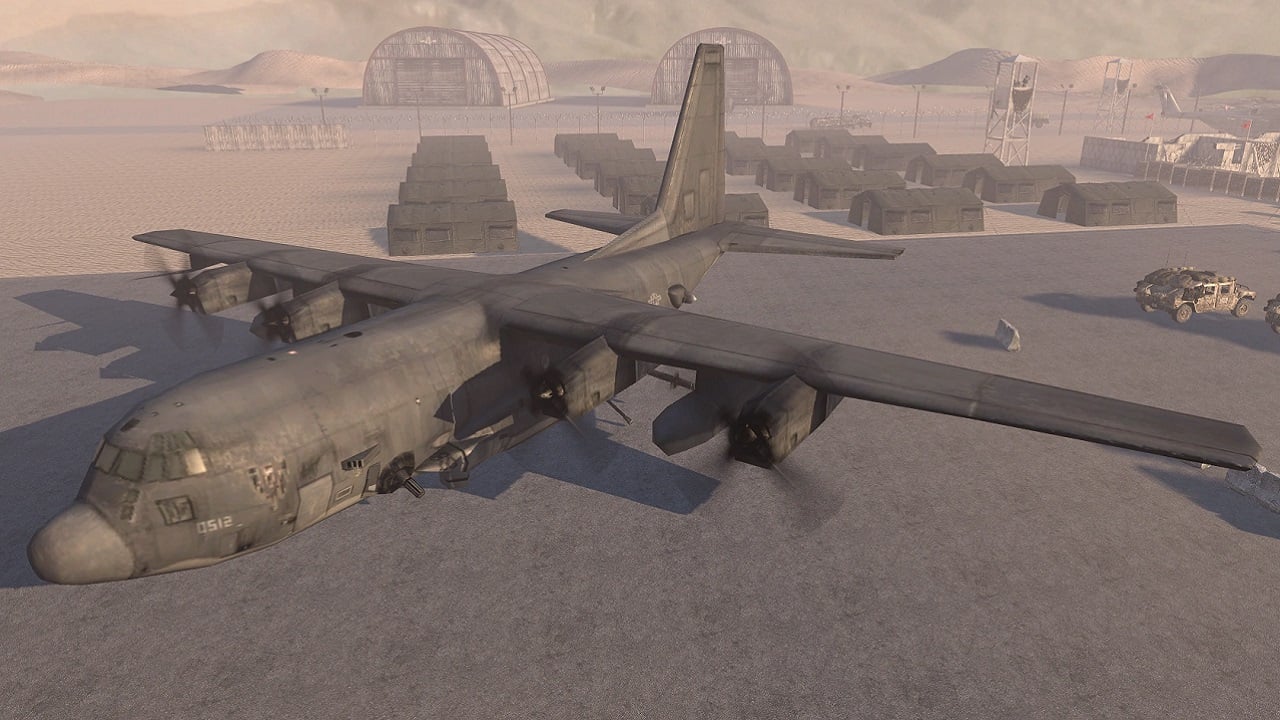
The AC-130 gunship was first made famous via a campaign mission in Call of Duty 4: Modern Warfare. It was originally intended to be added as a killstreak in multiplayer too, but was cut at the last minute before release.
The AC-130 gunship was eventually added in the sequel’s multiplayer, and it was a thing of beauty. Players love being able to control a massive vehicle to devastate the opposing team, and in Modern Warfare, the AC-130 was the perfect way to do.
While later CoD games would add other vehicles that players could take control of when reaching a high kill count, the AC-130 was really the first one to define the idea in online multiplayer. Earning an AC-130 in a match gave one player the ability to rain down gunfire and missiles while having a complete overview of the whole area, pinpointing enemy locations and movement. Players could also use it while other killstreaks were in effect, meaning your teammates could keep that valuable UAV going while you rained fire down from above.
At the same time, controlling an AC-130 left players vulnerable to being killed, despite still being able to control the gunship after death. This would be the case for other killstreaks in future CoD games that followed a similar premise.
The Juggernaut: 11 kills – Call of Duty: Modern Warfare 3, 2011
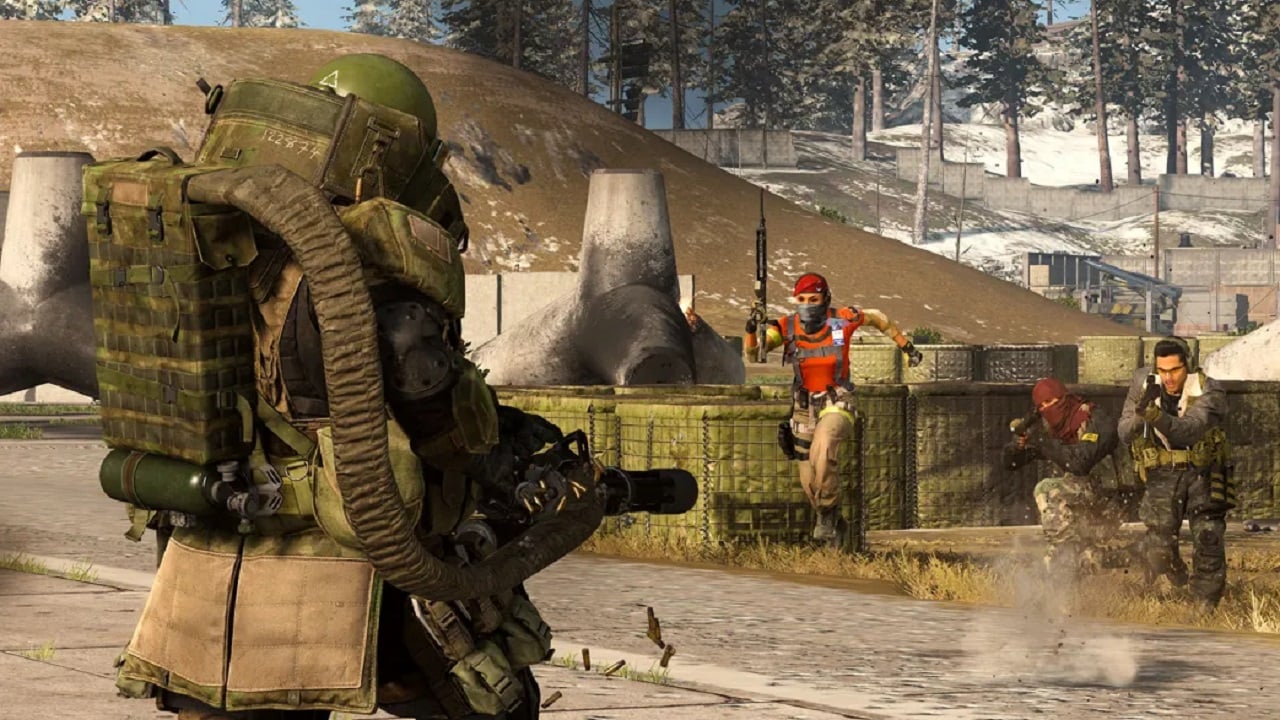
The Juggernaut killstreak from Call of Duty: Modern Warfare 3 has many benefits. Although there are a few disadvantages to becoming a juggernaut, you can still keep a high kill count rising if you play smart.
When you activate the killstreak, you turn into a hulking soldier wielding a chain gun that can take an incredible amount of damage from enemy fire. Those who find themselves in your crosshair will be mown down with ease as you unleash a fury of bullets.
Playing as a juggernaut also reduces your movement speed and somewhat obscures your vision, meaning you won’t be chasing players around once you’ve activated it. At the same time, you also appear on the map as a big red mark, pinpointing your exact position for everyone to see.
A team can hide or run away in hopes of waiting for the killstreak to end as the juggernaut moves around, or take a more aggressive approach and gang up on whoever the juggernaut is, throwing everything they have at them. It does take skill to utilize the juggernaut killstreak to its fullest, but it’s a very different approach to CoD‘s bigger killstreaks that some people really love.
The Tactical Nuke: 25 kills – Call of Duty: Modern Warfare 2, 2007
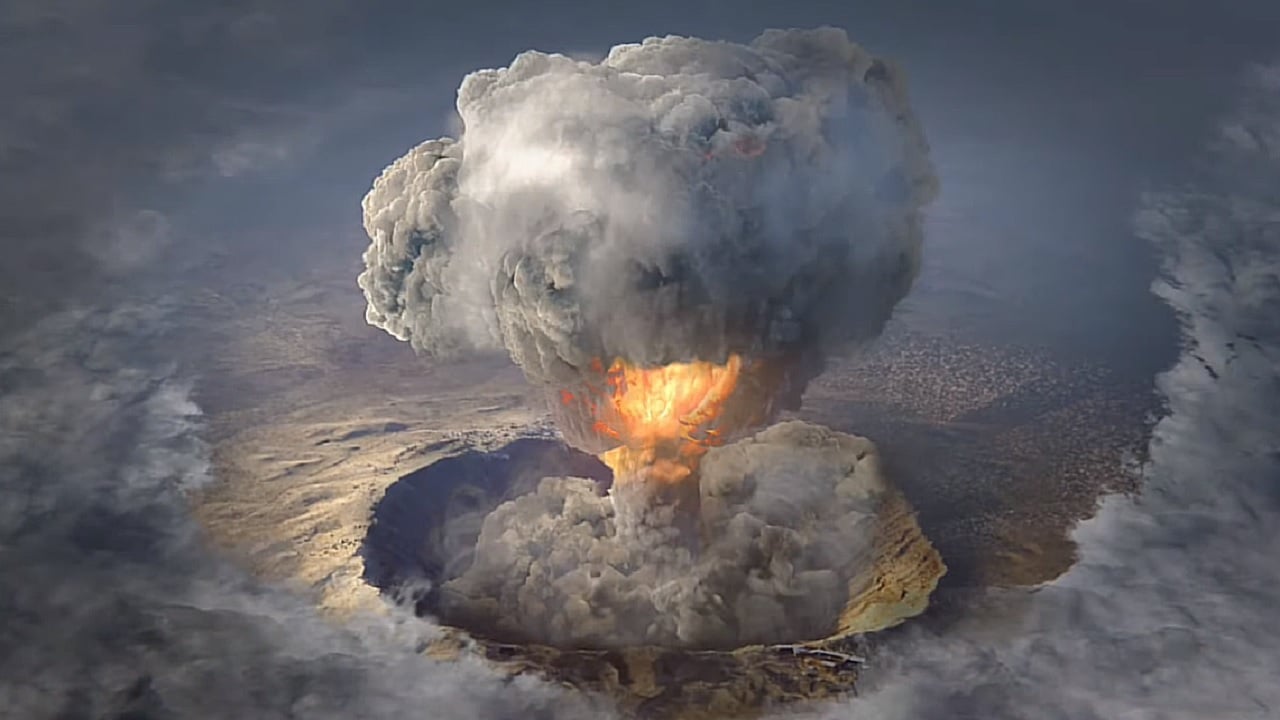
The tactical nuke is the be-all and end-all of killstreaks in any CoD game. In 2007’s Modern Warfare 2, if you managed to get 25 or more kills in a row, you could end the whole match in spectacular fashion. Calling in a tactical nuke meant the game was over for everyone, regardless of whether you reached the required kill count or completed the match’s objectives. It was a fun way to earn bragging rights from your whole team.
Later releases changed the number of kills needed to use a tactical nuke, with Black Ops: Cold War requiring 30, but the effect was the same. Other CoD games changed the rules, with some games excluding any kills earned from other killstreaks.
Although it wasn’t an easy thing to achieve, the tactical nuke served as another option for teams finding themselves in a losing position. A team could earn a nuke when they were about to lose a match to time or kill count, then flip things around at the last second for a comeback victory. Simply put, nothing has ever been more impactful than earning a tactical nuke to end a CoD game.
Swarm: 1900 Score – Call of Duty: Black Ops 2, 2012
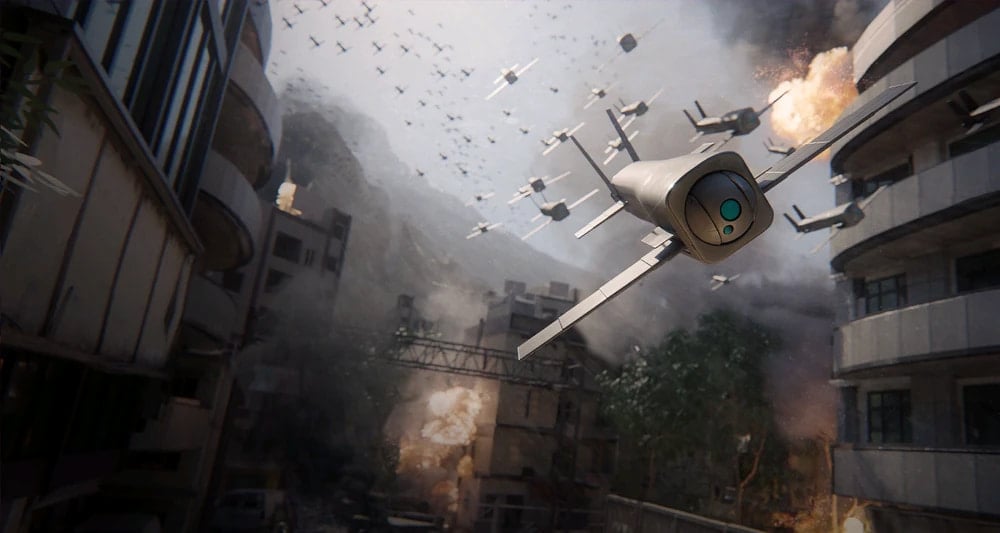
Finally, Black Ops 2 introduced one of the most exciting (and horrifying) streaks to the series. The Hunter Killer drone was innocent enough, as a little hand-launched drone that would fly into the air and seek out an enemy. But multiply that by hundreds.
The Swarm streak filled the sky with Hunter Killers, creating a seemingly never-ending deluge of explosions that actively sought out every single player on the opposition, forcing them to either hide indoors or get destroyed.
With only two iterations in CoD, as the Swarm was added as post-launch content for 2023’s Modern Warfare 3, the Swarm is an underappreciated streak that needs more love. Because the true terror you feel as the sky fills up with these explosive mini planes is unmatched.


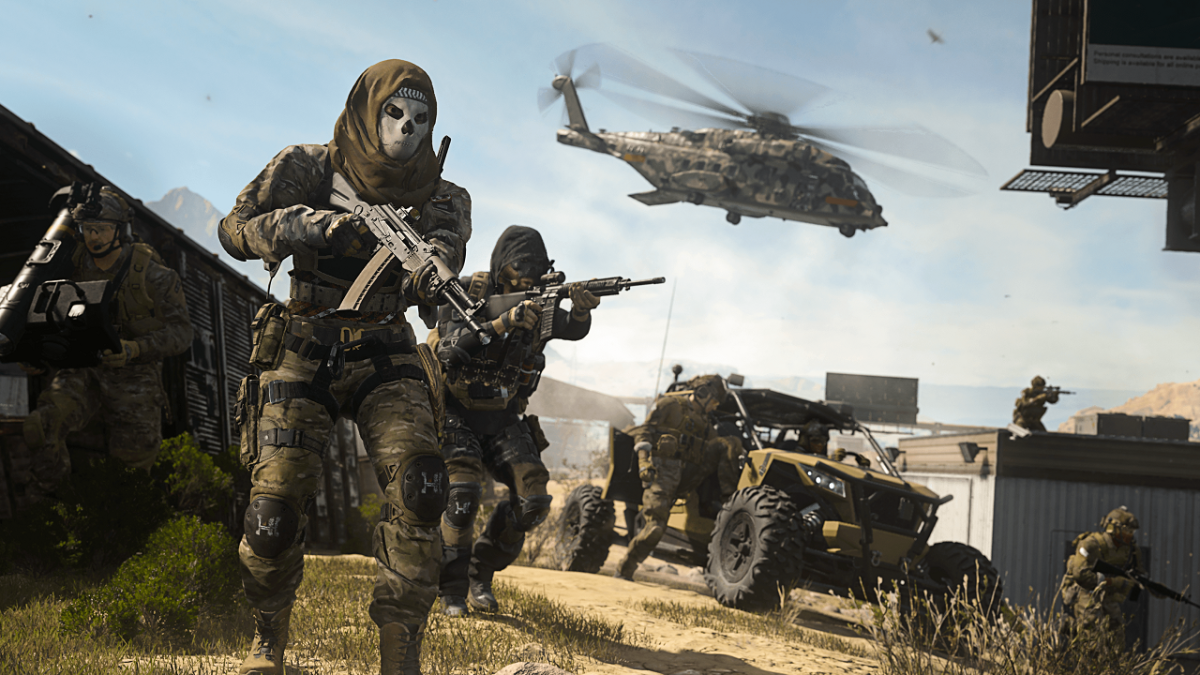
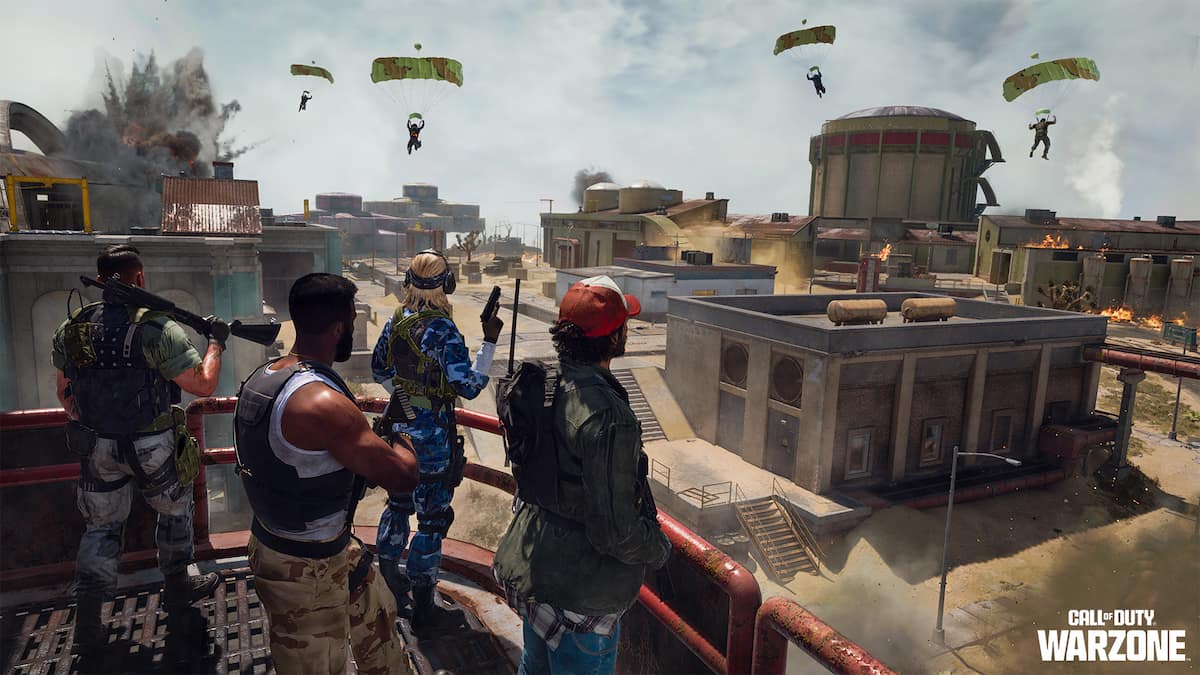

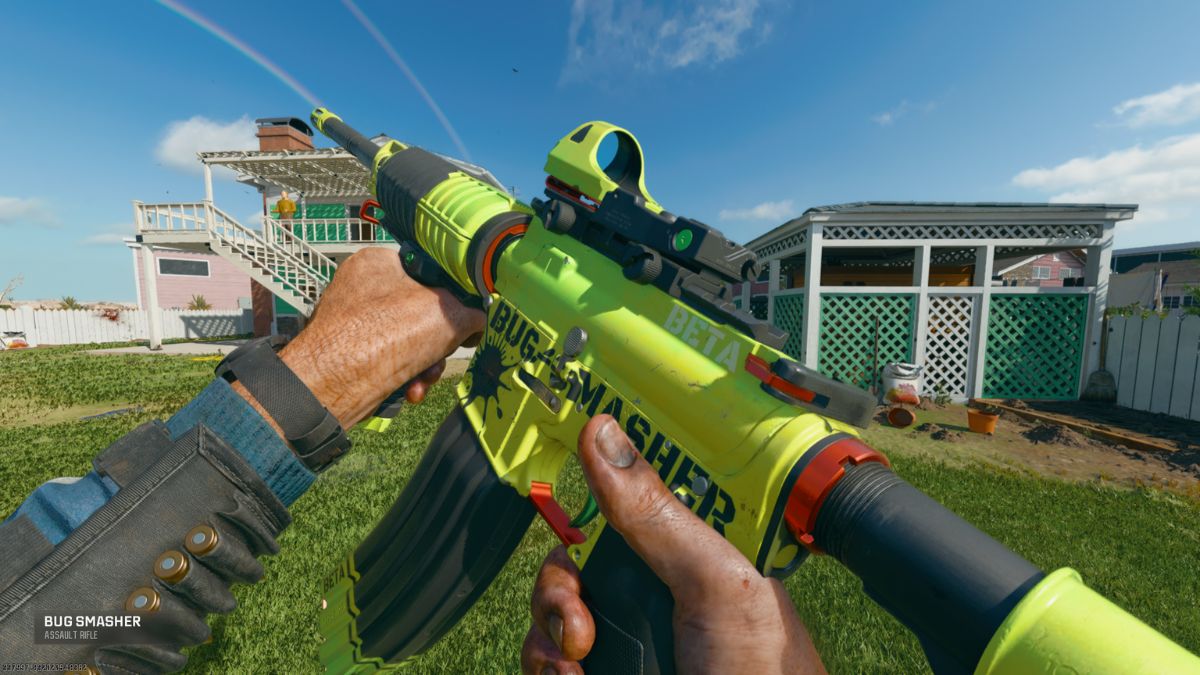
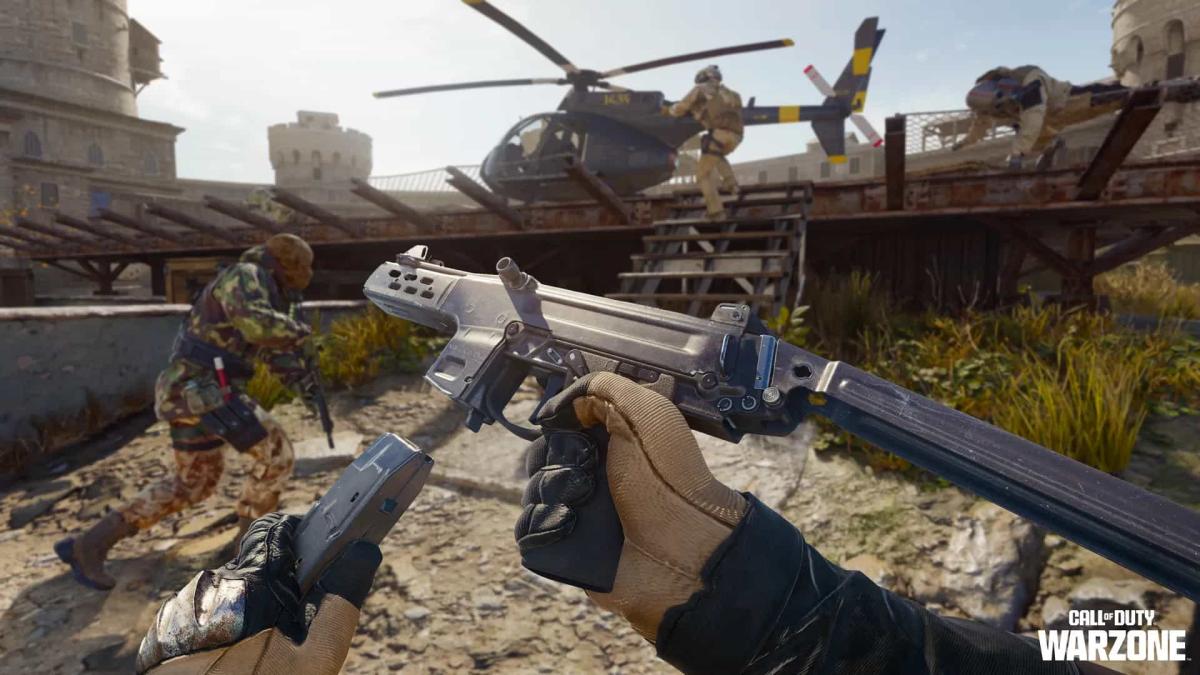
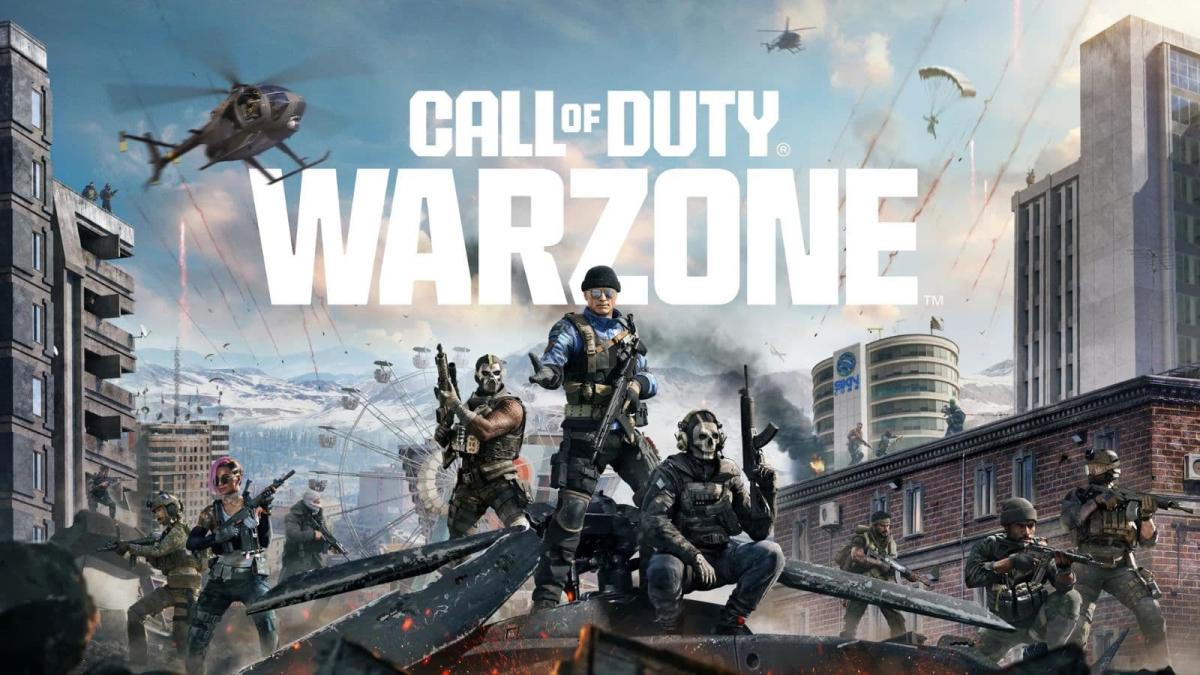
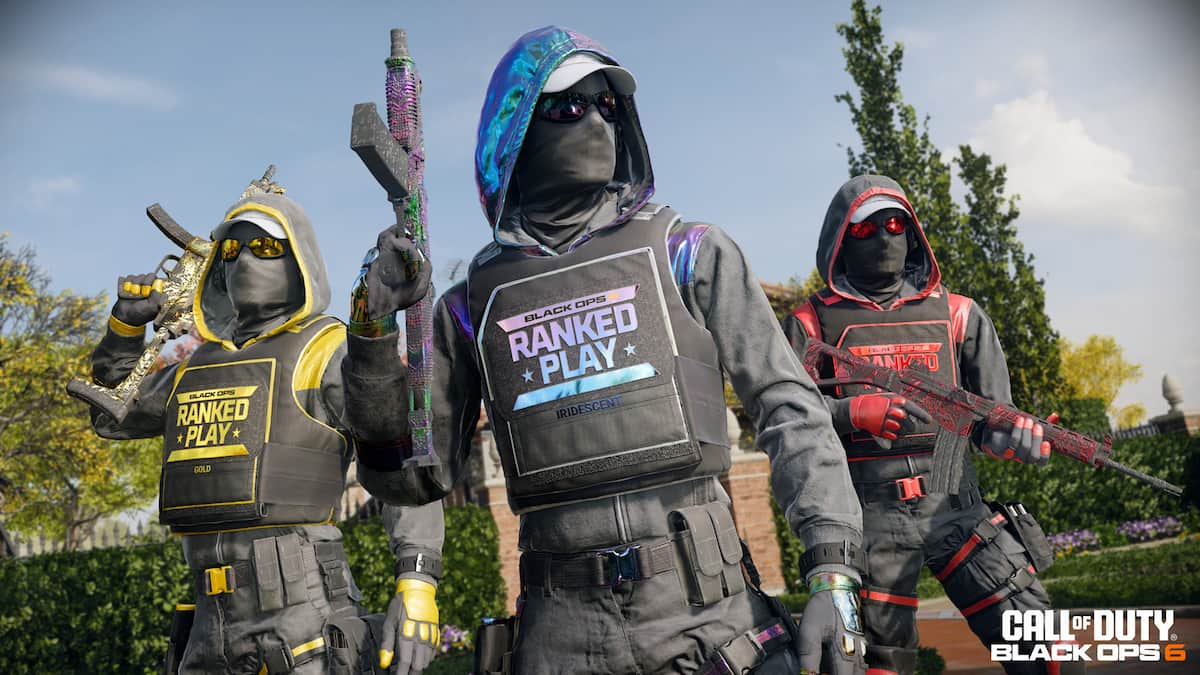
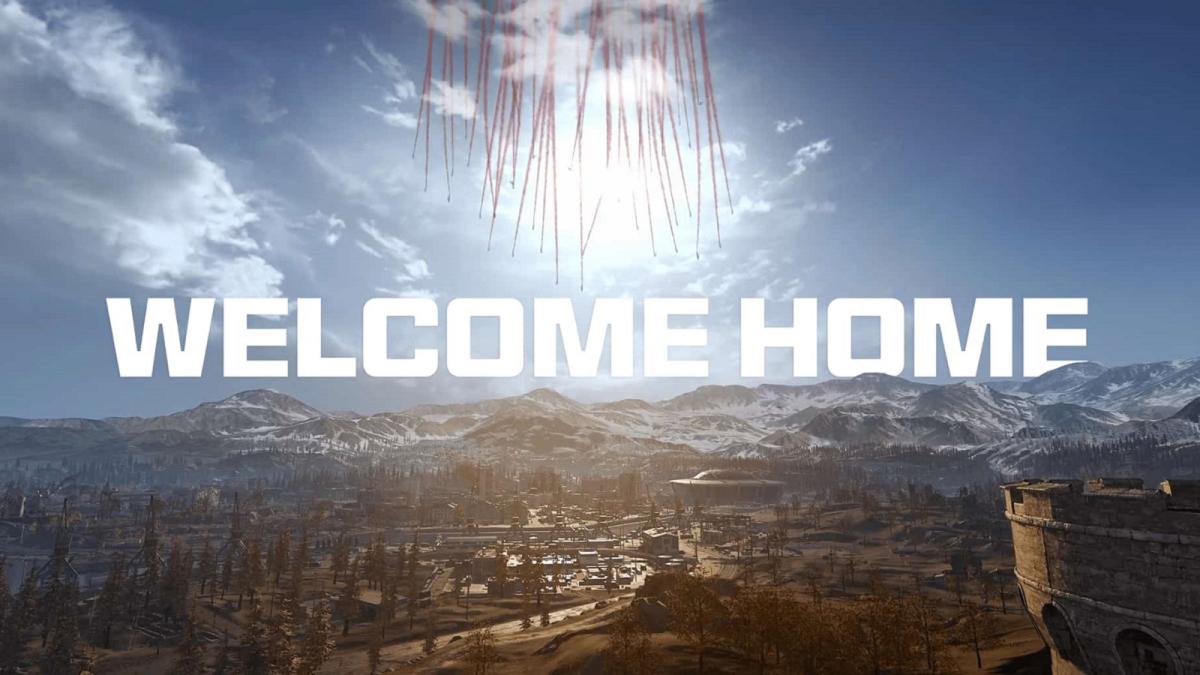
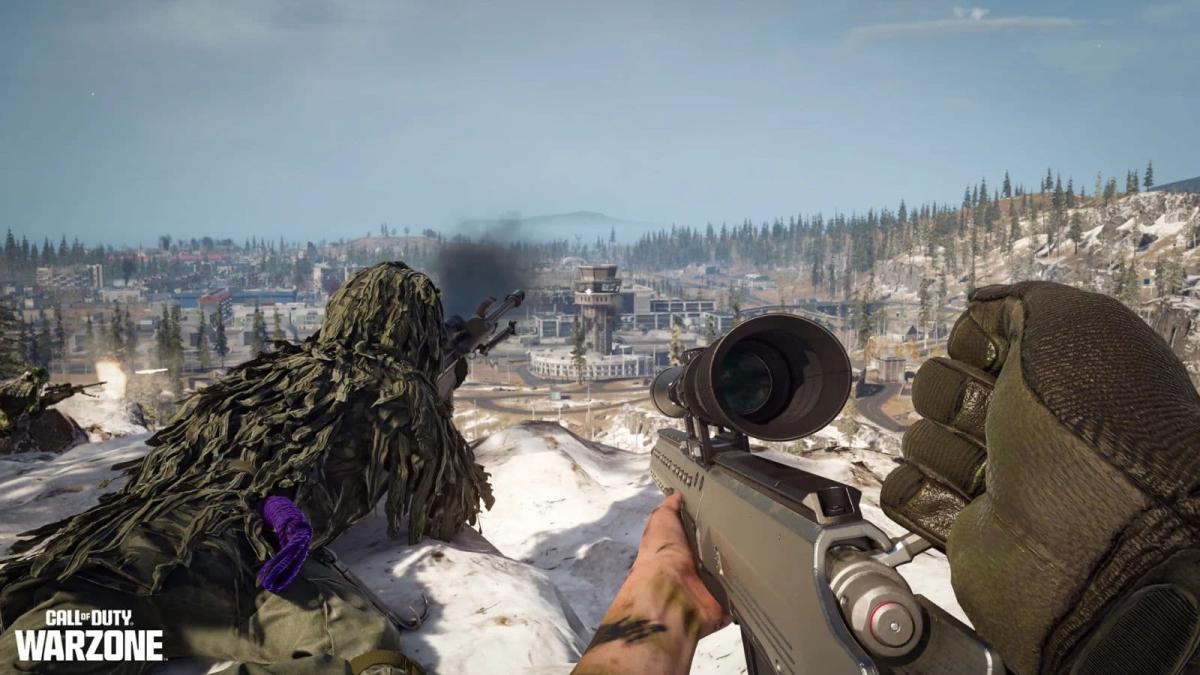
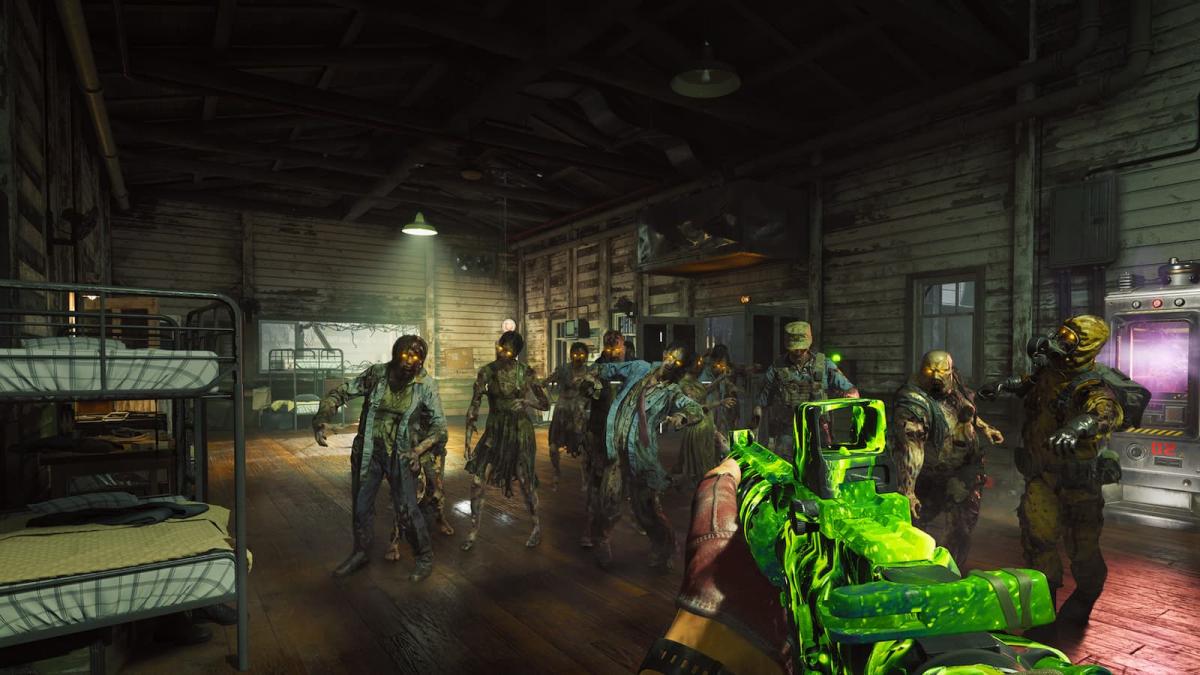
Published: Oct 15, 2024 08:53 am